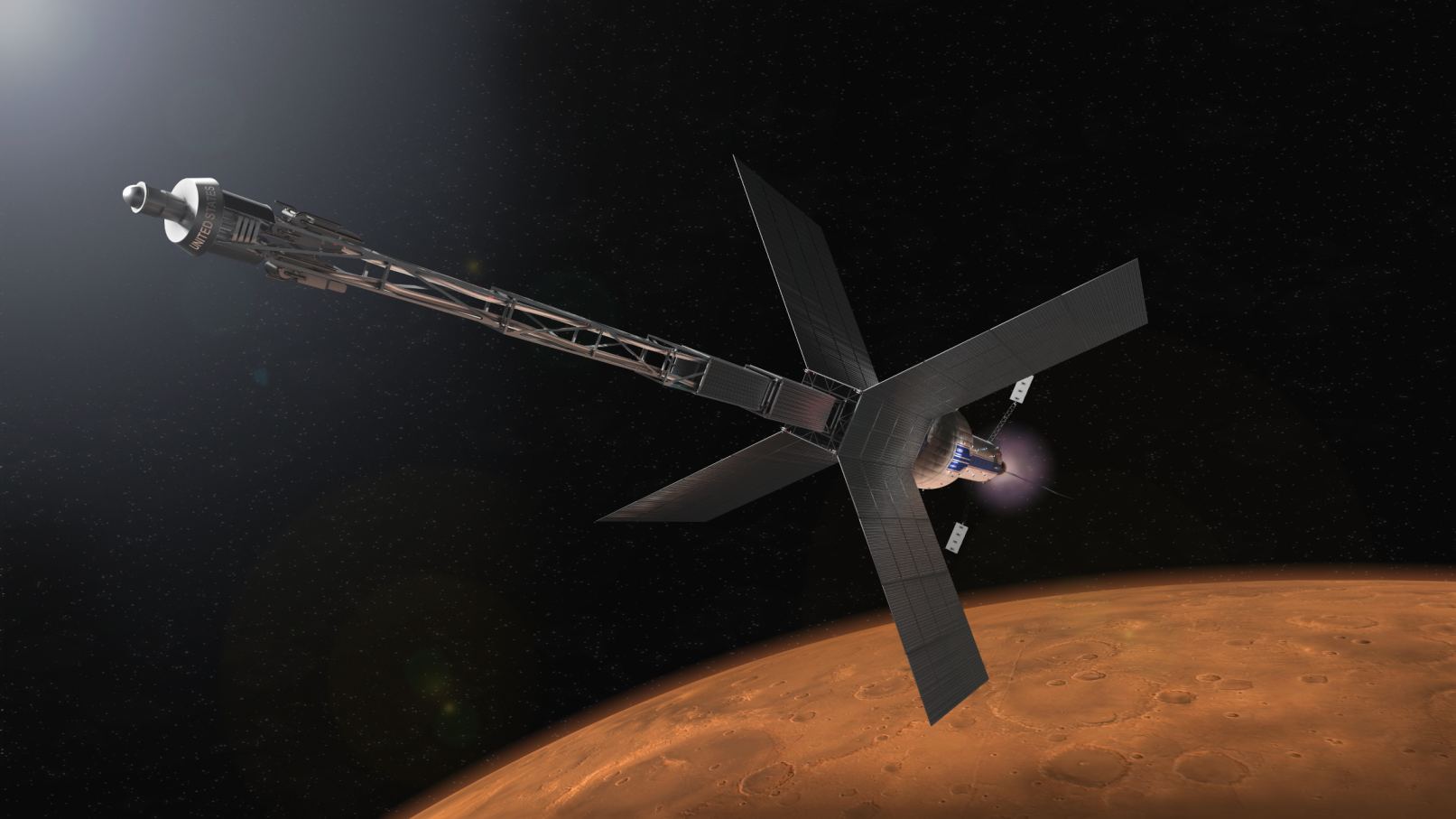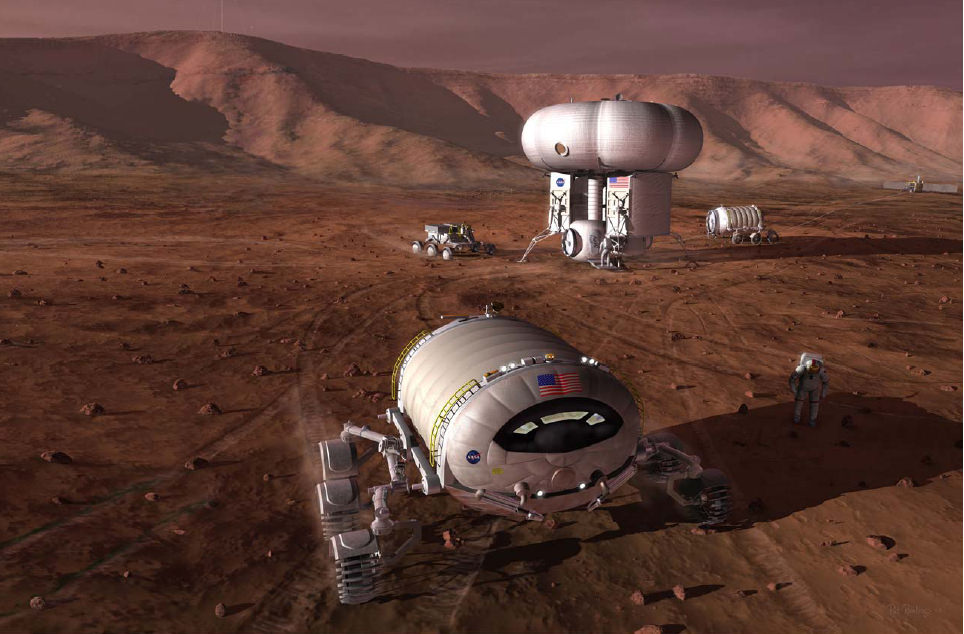In 1972, the Space Race officially ended as NASA sent one last crew of astronauts to the surface of the Moon (Apollo 17). This was the brass ring that both the US and the Soviets were reaching for, the “Moonshot” that would determine who had supremacy in space. In the current age of renewed space exploration, the next great leap will clearly involve sending astronauts to Mars.
This will present many challenges that will need to be addressed in advance, many of which have to do with simply getting the astronauts there in one piece! These challenges were the subject of a presentation made by two Indian researchers at the SciTech Forum 2020, an annual event hosted by the International Academy of Astronautics (IAA), RUDN University, and the American Astronomical Society (AAS).
Continue reading “Every Challenge Astronauts Will Face on a Flight to Mars”

